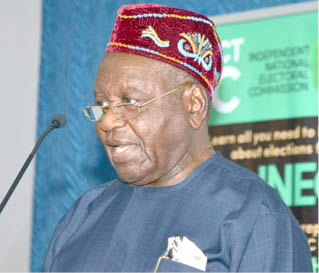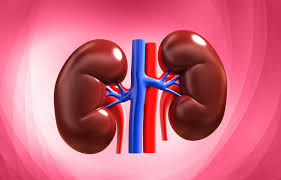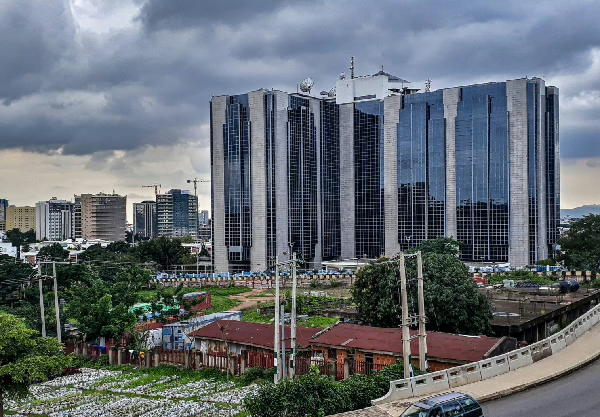•Says PIA has improved oil environment
Platform Petroleum has announced its plans to invest a billion dollar in expanding its operations, targeting the production of 10,000 barrels of oil and at least 50 billion cubic feet of gas per day (bcf/d).
Speaking on the sidelines of the 2024 Offshore Technology Conference (OTC) in Houston, USA, Chairman of Platform Petroleum, Chief Dumo Lulu-Briggs, said with the government’s ambitious plans, such as the Lagos-Calabar coastal line, the company is poised for growth; pushing itself to the next level, building on a strong foundation, following Seplat’s successful precedent.
He added that the company has scheduled a roadshow in London next month to raise extra funding to finance the expansion plans, noting that the roadshow will highlight the company’s efficient production, upgraded flow stations, increased capacity, and achievements in nearly zero emissions. He noted that with about one percent gas flares currently, the company aims for zero gas flares by the last quarter.
“The upcoming roadshow aims to attract equity partners and prepare for future opportunities, targeting a billion-dollar investment. We are seeking partners ready to invest in Nigeria’s oil and gas potential. Our goal is to showcase the country’s vast opportunities and its potential to international investors.”
“Nigeria is a vast market, and Platform Petroleum is thinking big. With the government’s ambitious plans, such as the Lagos-Calabar coastal line, Platform is poised for growth; pushing itself to the next level, building on a strong foundation and following Seplat’s successful precedent”, Lulu-Briggs said.
Lulu-Briggs added that OTC is a crucial event for promoting Nigeria’s significant market potential and the partnership with Petroleum Technology Association of Nigeria (PETAN) at OTC is key to attracting investment.
Meanwhile, the company also commended the impact of the Petroleum Industry Act (PIA) on Nigeria’s oil and gas sector.
Managing Director of Platform Petroleum, during a panel session at the ‘Invest in Africa Energy 2024’ conference held in Paris, France, said PIA has significantly improved the investment landscape since its enactment three years ago.
Anim highlighted that one of the major constraints in the Niger Delta is security challenges, which has seen substantial improvement.
He, however, attributed past security issues to the exclusion of host communities from the benefits of oil and gas activities, noting that PIA’s focus on including these communities as major stakeholders has effectively transformed the landscape by making host communities major stakeholders through the Host Community Development Trust.
“We have observed a remarkable shift in community relations. Three different communities that previously resisted our operations are now inviting us to explore oil and gas opportunities. This change is driven by the positive outcomes seen in other communities where the Host Community Development Trust has been implemented. The inclusion of host communities has ensured that environmental impacts are minimised, and the resources are shared more equitably,” Anim said.
He emphasised that the collaboration between communities and operators is a testament to the improved investment climate in Nigeria and commended the current administration’s efforts to enhance the ease of doing business, which has made the environment more welcoming to investors.
“The collaboration ensures that operations are seamless, and this is crucial for attracting further investments.”
Anim also called for increased collaboration within the industry saying that partnership and collaboration are crucial for success in the energy sector. He added that Platform Petroleum is fully positioned to attract foreign partners and secure funding to develop their assets, to ensure that the energy needs of Nigeria and sub-Saharan Africa are met.
The company reiterates its commitment to sustainable development and inclusive growth of host communities through strategic partnerships and innovative practices to contribute significantly to meeting the energy needs of Nigeria and sub-Saharan Africa.











